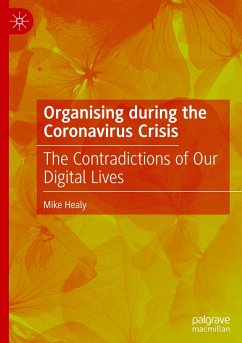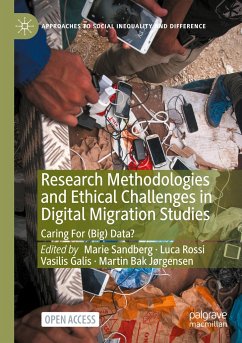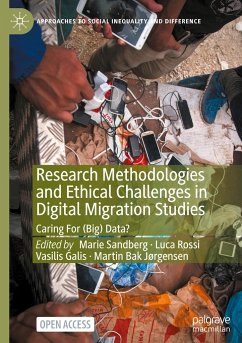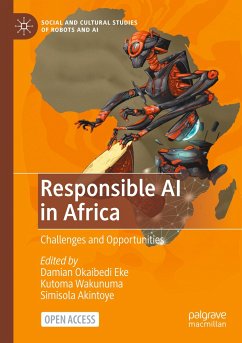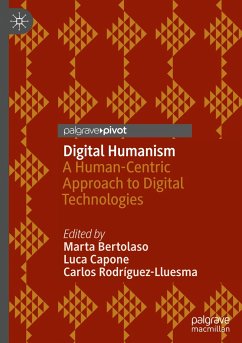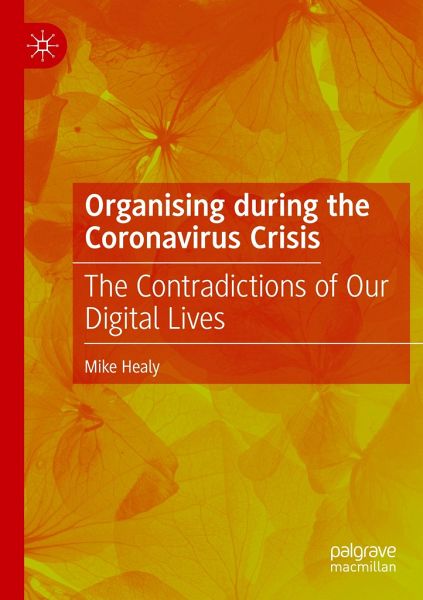
Organising during the Coronavirus Crisis
The Contradictions of Our Digital Lives
Versandkostenfrei!
Versandfertig in 6-10 Tagen
91,99 €
inkl. MwSt.
Weitere Ausgaben:

PAYBACK Punkte
46 °P sammeln!
This book investigates the use of digital technologies for social organisation during the Covid-19 pandemic, interrogating the specific relationship between digital technologies and social movements. Drawing upon Marx's theory of alienation and Antonio Gramsci's concepts concerning common-sense, good sense, hegemony and praxis, the author examines the effectiveness of digital technologies in filling the social void created by the pandemic.A series of in-depth interviews across a spectrum of areas - from community activism, mental health, trade union organisation, the creative arts, and resista...
This book investigates the use of digital technologies for social organisation during the Covid-19 pandemic, interrogating the specific relationship between digital technologies and social movements. Drawing upon Marx's theory of alienation and Antonio Gramsci's concepts concerning common-sense, good sense, hegemony and praxis, the author examines the effectiveness of digital technologies in filling the social void created by the pandemic.
A series of in-depth interviews across a spectrum of areas - from community activism, mental health, trade union organisation, the creative arts, and resistance movements - reveal how digital technologies flourished during the pandemic crisis, facilitating new ways to communicate. However, the interviews also throw into sharp relief the inadequacies of digital technologies. The book challenges conventional wisdom concerning the beneficial impact of digital machines on our lives.
This book will have a broad appeal to anyone researching or teaching the societal, ethical and political implications of digital technologies, particularly from a qualitative perspective. It also has relevance for a wider readership concerned about the influence of social media.
A series of in-depth interviews across a spectrum of areas - from community activism, mental health, trade union organisation, the creative arts, and resistance movements - reveal how digital technologies flourished during the pandemic crisis, facilitating new ways to communicate. However, the interviews also throw into sharp relief the inadequacies of digital technologies. The book challenges conventional wisdom concerning the beneficial impact of digital machines on our lives.
This book will have a broad appeal to anyone researching or teaching the societal, ethical and political implications of digital technologies, particularly from a qualitative perspective. It also has relevance for a wider readership concerned about the influence of social media.





